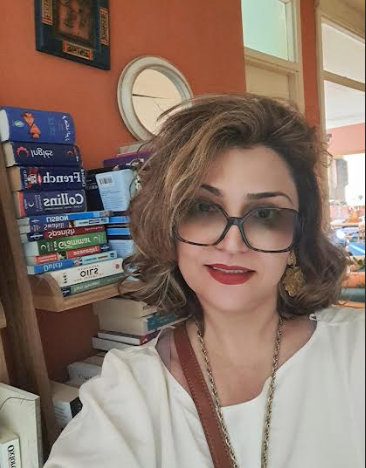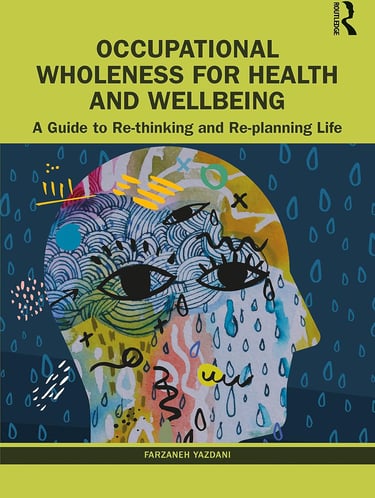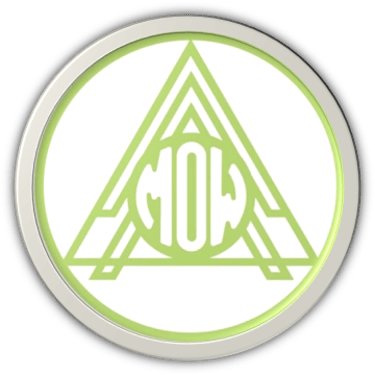



Dr Farzaneh Yazdani
My initial thoughts of conducting a primary research project, therefore, cohered around exploration of the experiences and perspectives of occupational therapy practitioners and academics who use the term Occupational Balance in their field of work. A series of studies, of which some are published, led me to coin the term Occupational Wholeness. Becoming more familiar with the concepts underpinning occupational science, along with the findings of my studies, I realized that there is a gap between theoretical concepts and their application in practice in relation to Occupational Balance, Life Balance and Occupational Wholeness. Thus, I proposed the Model of Occupational Wholeness that I have introduced in the MOW book to help fill this gap.
While I have been an academic for 30 years, with experience of teaching in Iran, Jordan and the UK and led international workshops in different European and Middle Eastern countries, for the first 16 years I was also a practitioner. My other formal education and training, in the areas of educational and psychological counselling, also contributed to the content and structure of the MOW book.


I was born into a family in which both my father and mother Valued hard work. That said, I was a teenager during the war between Iran and Iraq (1980–1989), when spiritual Values were talked about fervently and continuously at school, in the community and at home. While young men were defending the country at war zones, girls were Expected to study in order to Become skillful and educated to build the future of the country. Like many girls of my generation I was deeply influenced by these Values. For some, like me, with an ongoing health condition, I had to Choose where to spend my little energy. My decision was always education and work over other activities. After completing my BSc and MSc in Occupational Therapy, I Became a young professional and my Values continued to dominate my time management with priority given to serious activities most of the time, over and above leisure and socializing.
